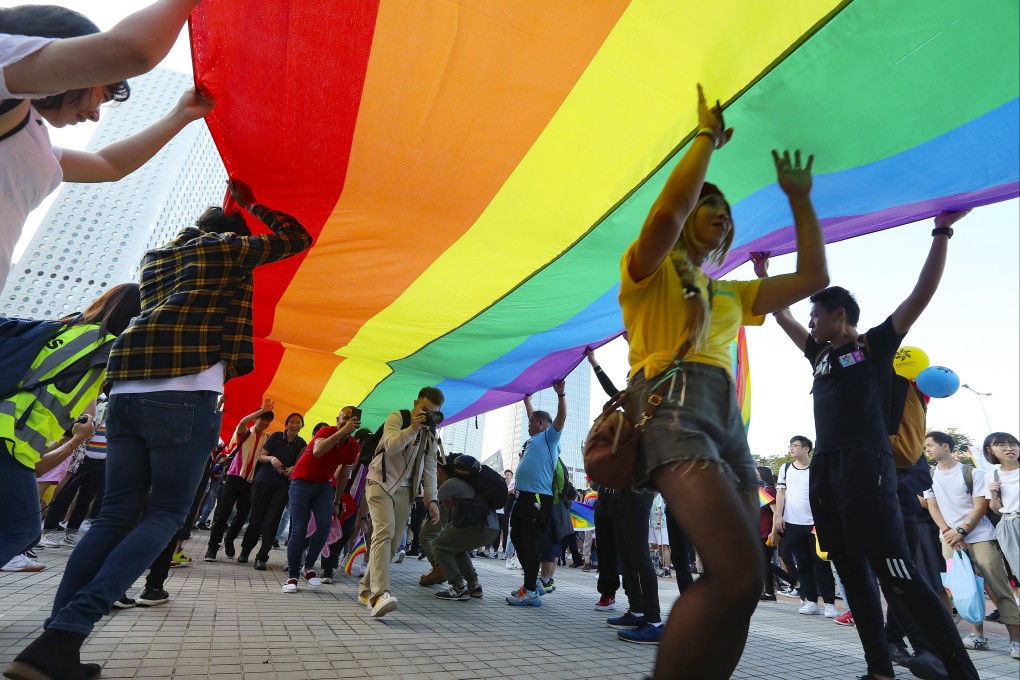Hong Kong is safe to visit, Gay Games team tells foreigners worrying about national security law
- Former security minister Regina Ip says fears of those refusing to come are ‘totally unwarranted’
- Games organisers are pressing on, and hope to hit their target of 3,000 participants for 18 events

Their concerns have come on top of recent calls by some LGBTQ activists in Hong Kong for the event to be cancelled, and protests by conservative groups.
With only four months to go, the organisers have pledged to press on, hoping to hit their target of 3,000 participants for the first edition of the games to be held in Asia.

United States-based Shamey Cramer, an honorary life member of the international Federation of Gay Games, told the Post there was “a safety and security issue” in Hong Kong.
“The US and other governments are warning of ‘arbitrary’ law enforcement that could pose a risk to travellers,” he said.
He said he wrote to the federation last year asking it not to allow Hong Kong to remain as host city, and pointed out that the national security law meant that anyone who had criticised the country in the past could be at risk if they visited.
“I still stand by what I said. Hong Kong is not the same city it was when it won the bid to host in 2016,” he said.